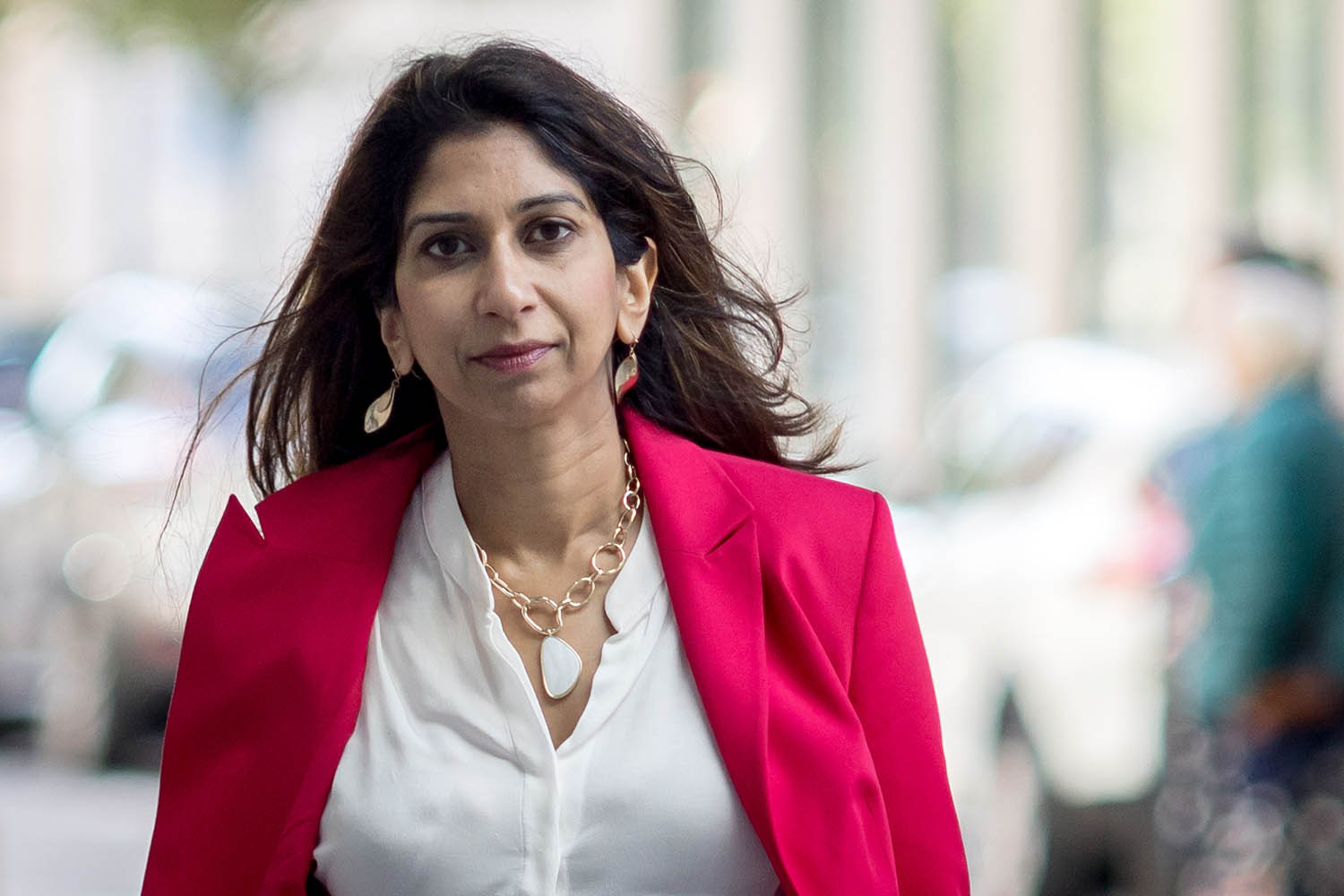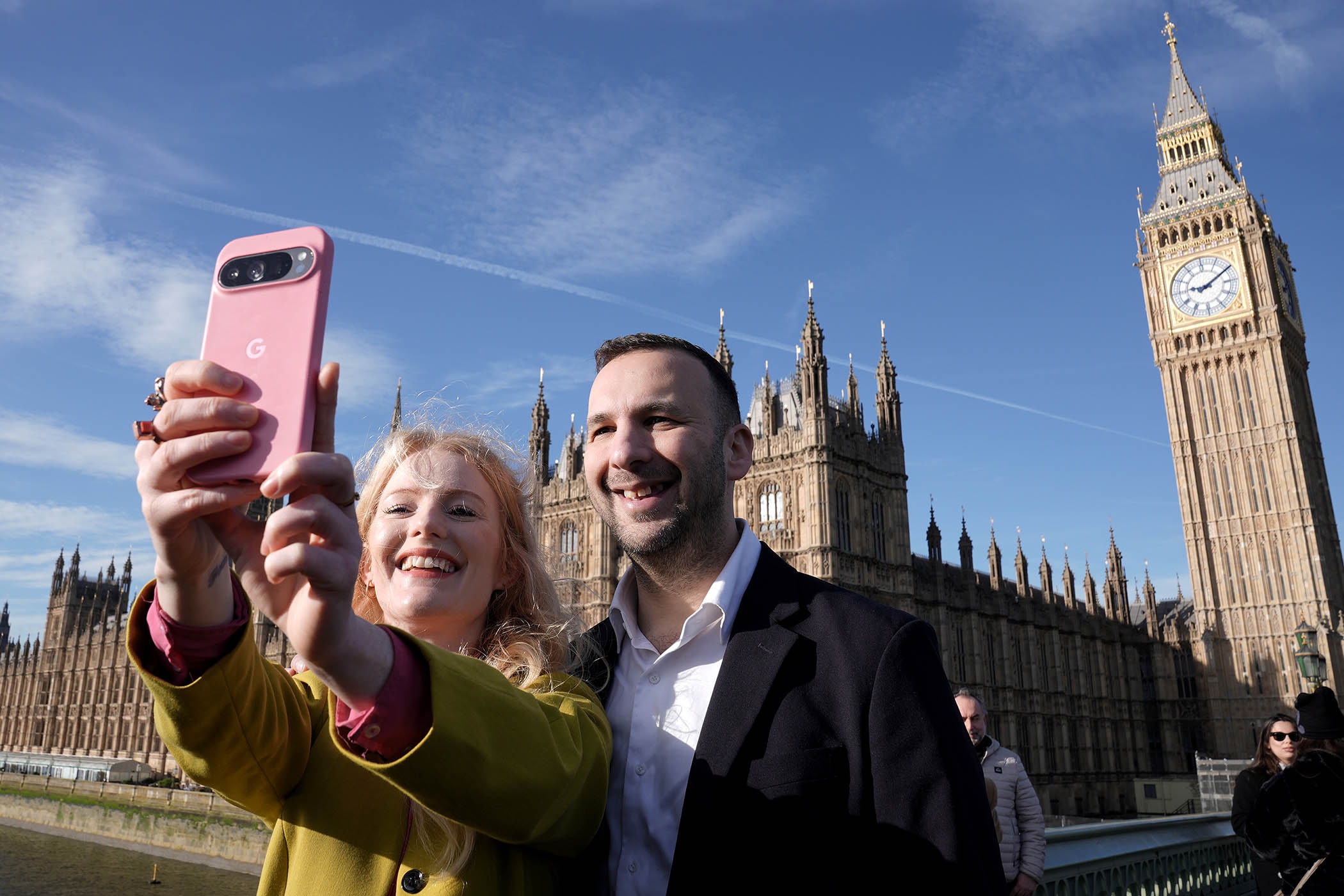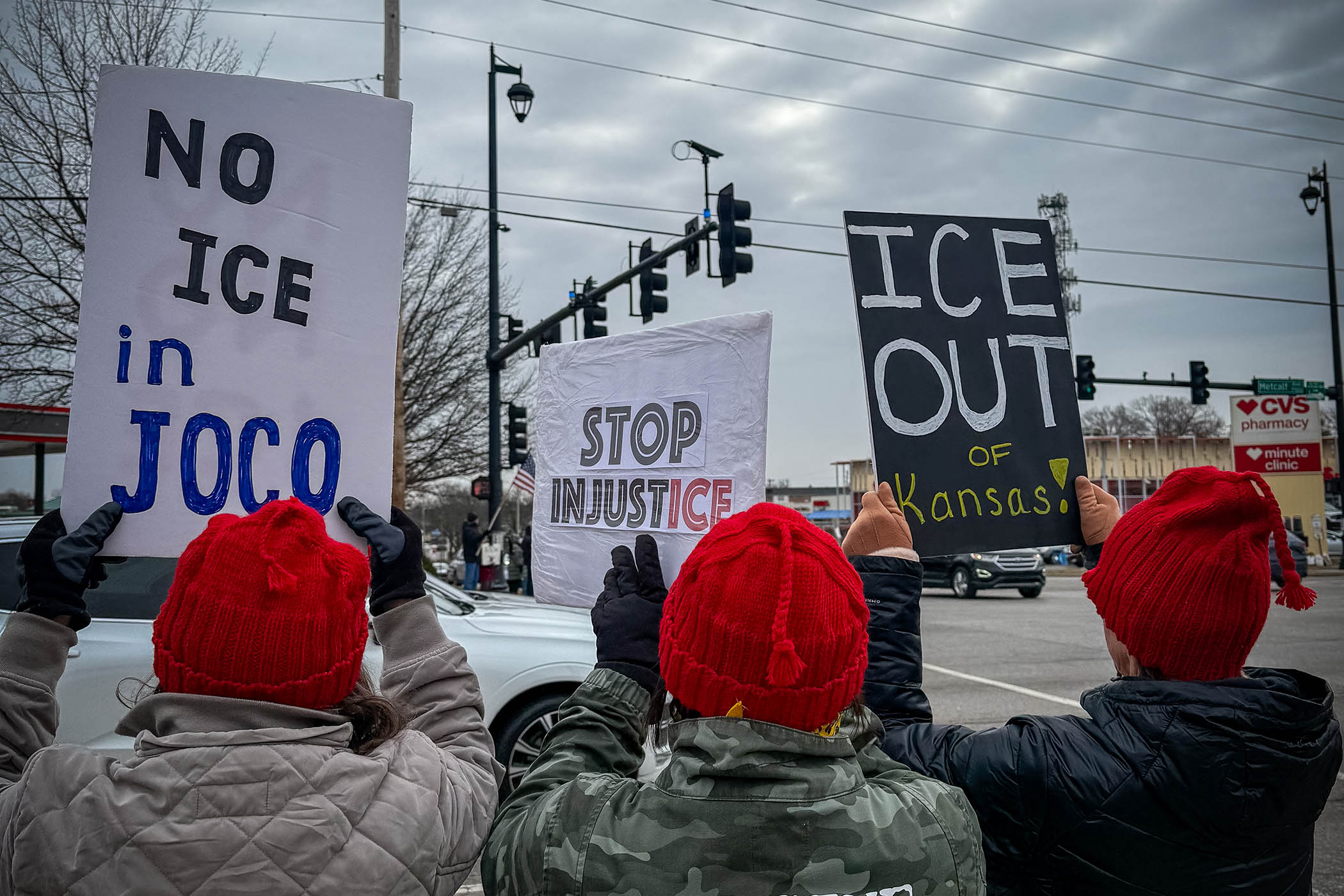It is time to defend free speech against its worst advocates. It is a remarkable display of confusion that Lucy Connolly’s case to the court of appeal was funded by the Free Speech Union. In the immediate aftermath of the Southport killings in July 2024, when false rumours were rife that the killer was an illegal immigrant, Connolly posted that they could set fire to all the hotels housing asylum seekers for all she cared. Connolly was jailed for 31 months for inciting racial hatred, and her appeal against the sentence has just been rejected.
There are free speech absolutists on the British right who are trying to turn Connolly into a cause célèbre. Barely an hour goes by without some GB News presenter claiming that she is the new Nelson Mandela. The former home secretary Suella Braverman said, absurdly, that Connolly is “effectively a political prisoner”. Donald Trump then weighed in to say that, for some unknown reason, he was “monitoring” the case.
The Connolly case, as Jonathan Sumption argued definitively in the Telegraph last week, is open and shut. Free speech in Britain does not permit Connolly to write what she wrote, and neither should it. Free speech in Britain is defined by the European convention on human rights, which provides for all individuals “to receive and impart information and ideas without interference”. This is a conscious echo of article 19 of the Universal Declaration of Human Rights, which states that “everyone has the right to hold opinions without interference”.
However, there are all sorts of necessary limitations on the right to say simply anything. Freedom of speech is limited with respect to libel, slander, obscenity, the incitement of sedition, classified information, the violation of copyright, trade secrets, the right to privacy, public security and the law of perjury. There is no absolute freedom for me to post online that you are a perfidious criminal or to label a drug as safe that is in fact fatal. Then, in addition, the Crime and Disorder Act 1998 specifies race, religion, disability, sexual orientation and transgender identity as protected characteristics, an incitement against which constitutes “hate crime”.
The true threat lies with those who would let falsehood flourish
The true threat lies with those who would let falsehood flourish
These limitations are necessary for the reason given by Fara Dabhoiwala in his imperious What Is Free Speech? The History of a Dangerous Idea – that speech is always an act with intended effects. The quixotic notion that Elon Musk and JD Vance are articulating – no moderation, no fact-checking, no restraint on unbridled communication – rests on the idea that words don’t count. Marco Rubio, US secretary of state, last week issued a strange press release that declared it unacceptable for foreign officials “to demand that American tech platforms adopt global content moderation policies”. The punishment will be a bar on obtaining a visa.
Perhaps Musk, Vance and Rubio are the victims of a weakly understood version of John Stuart Mill’s argument from On Liberty that the truth will prevail in the marketplace of ideas. Maybe, in their better moments, they are trying to echo Milton who, in 1644 in Areopagitica, his polemic against parliament’s attempts to undermine the liberty of publishing, wrote: “Let [Truth] and Falsehood grapple; who ever knew Truth put to the worse in a free and open encounter?”
Yet we can see now, we children of the internet, that truth and falsehood are grappling and falsehood is winning. Mill himself provides the answer in a famous passage in which he argues that the speech of pimps should be restricted because of the harm it entails for prostitutes. When the words lead to the prospect of harm, Mill is saying, that’s when free speech runs out. We have to learn how to take offence, but genuine harm is another matter.
Not that the US government bothers to live up to its own claims. President Trump’s preposterous assault on Harvard University is the act of a man who cannot stomach the merest criticism, let alone offence or harm. And the free speech absolutists barely know the law of their own land. In the US, free speech is upheld by the first amendment to the constitution, which insists that Congress “shall make no law… abridging the freedom of speech”. Yet American law is quite explicit in that it does not license the right to incite imminent lawless action, to make or distribute obscene materials, or to burn draft cards.
It would be easy to pick the wrong enemy here. The previous Conservative government introduced the Higher Education (Freedom of Speech) Act 2023, which required places of learning to protect freedom of speech on campus. There have indeed been cases: the Kathleen Stock saga at Sussex University; intimidating demonstrations about Gaza. And yet these instances are isolated and rare. The claim that young people are the main threat to free speech is a kind of moral panic.
There is indeed a threat to free speech today, but it does not lie here. The true threat lies with the likes of Tommy Robinson who has just announced that in September this year he will host “The Biggest Free Speech Rally the World Has Ever Seen”. The true threat lies with these free speech absolutists who would let falsehood flourish, and with the ideologues who care so little about hate speech that they turn a deaf ear to how vicious it can be and a blind eye to the horrible consequences when people take racist words seriously.
Newsletters
Choose the newsletters you want to receive
View more
For information about how The Observer protects your data, read our Privacy Policy



